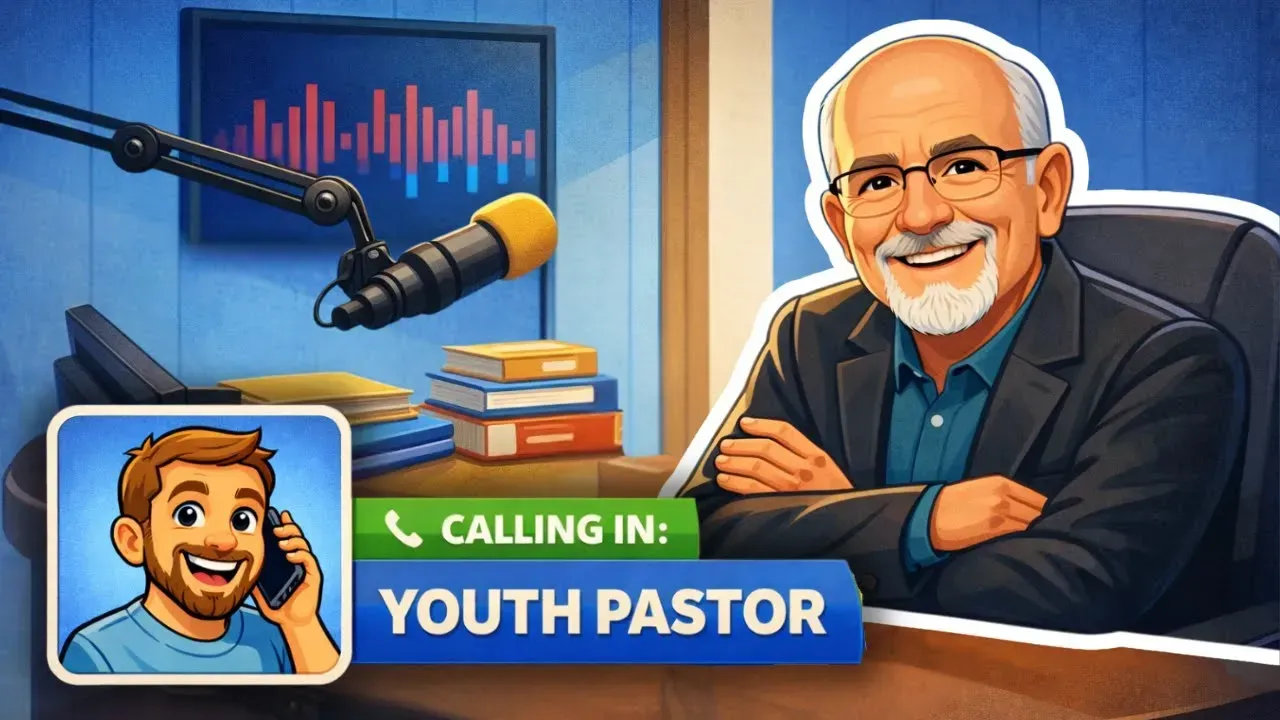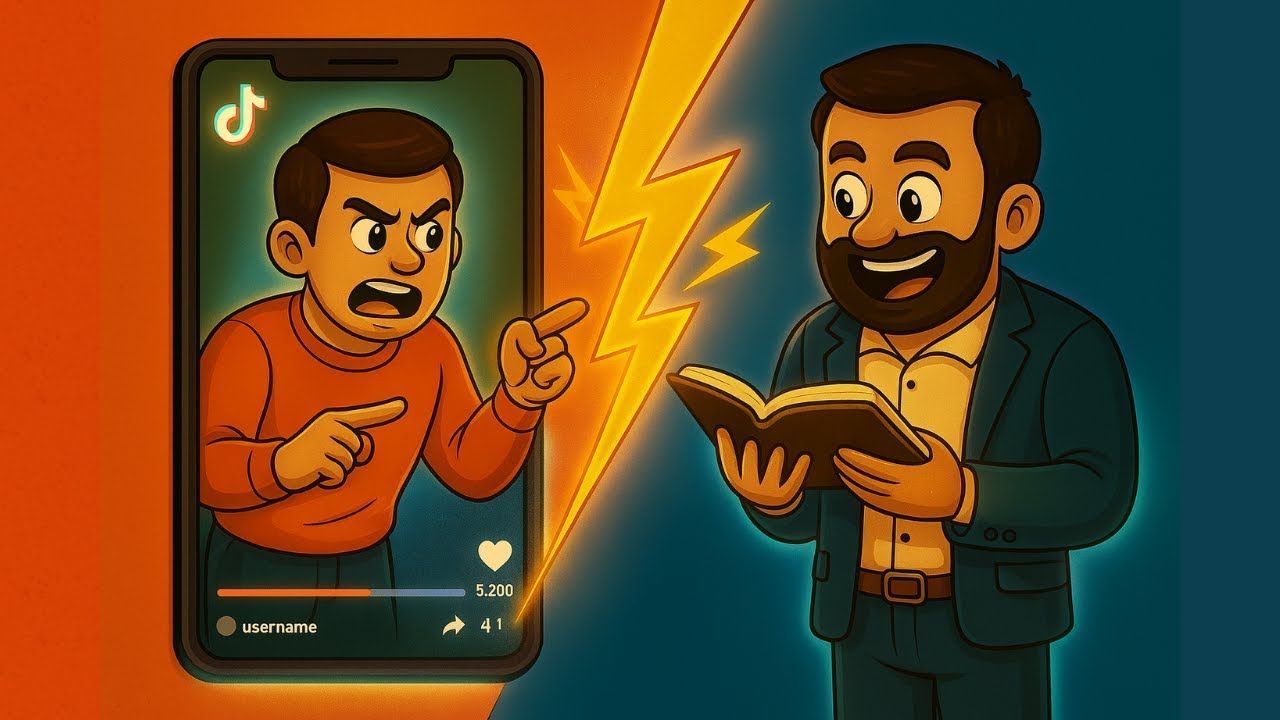How to pray for your teenagers during COVID-19
“I pray not only for these,
but also for those who believe in Me
through their message.
May they all be one,
as You, Father, are in Me and I am in You.
May they also be one in Us,
so the world may believe You sent Me.
I have given them the glory You have given Me.
May they be one as We are one.
I am in them and You are in Me.
May they be made completely one,
so the world may know You have sent Me
and have loved them as You have loved Me.”
John 17:20-23
Jesus was no stranger to tense times. The Roman empire systematically suppressed the Jews. “Pandemic” may not have been a word they used, but those with contagious diseases like leprosy were shunned and utterly alone. In fact, Jesus prayed for this prayer for supernatural unity while He was sweating drops of blood in Gethsemene. He prayed for His disciples, who He knew were going to face persecution. He did not pray that everything would become easier for them. He didn’t pray that everything would become easier for Himself, or even, dare I say it, for you and me. From what I can see, He prayed three main things in a time of trial, which could reflect the way we can pray for each other, especially our students, during this time.
- He prayed for our unity to reflect that of the unity He had with God.
Jesus entered a hurting, imperfect world and perfectly executed the will of God. He showed people God’s heart and encouraged people to truly know God as a Father, the way He knew God as a Father. After Jesus ascended back into heaven, we became co-heirs with Christ and God’s fellow children, Romans 8:17 says. It is through His unity with the Father that we know how to have unity with each other, our brothers and sisters in Christ. This bond with one another was something Jesus knew the disciples would need in the face of hardship. - He prayed for our relationship with God.
In the midst of going to the cross, He prayed for us to have the one thing that kept Him going during His time on earth: a deep relationship with God. He didn’t pray that we would get really busy or try to figure out ways to make His message more attractive; He didn’t wring His hands before God wondering if the cross would be too offensive. He prayed for us to lean into the relationship with God that we’re given access to through Jesus, especially in the midst of trials, tribulation, worry and uncertainty. - He prayed that from the depth of our relationship with God, the world would know Him.
After spending time with God, He prayed that the world would know Him through the love and oneness shown by His disciples and by the future saints. He knew that from our relationships with God and unity with fellow believers, an unbelieving world would find answers to the fears, worry, and insecurities only in Him.
So lets pray for our students to be unified with other believers. Lets pray that the Church of Christ would be a thing to behold, not because of it’s social media posts or viral videos, but because of its unity and sacrificial love for one another.
Lets pray that our students take advantage of this time to go deep into their relationships with God. Let’s pray that they experience the length and width, height and depth of God’s love (Ephesians 3:18) and are simply satisfied with who they are in God’s eyes. Let them never get enough of God. Let them become so enamored with God and His glory that they get a holy view of things on earth as temporary, and they wait with hope for Jesus to return and make all things new. Let them linger in who He is and marvel that He is from everlasting to everlasting, and this season is but a blip on His eternal radar.
Finally, lets pray for the unbelieving world to believe in Jesus Christ. Let’s pray that this season drives people to their knees and that the Church will boldly hold up the light of Christ so that darkness cannot overcome it. Let’s pray for our students’ love for God to overflow to the world and for God to use that overflowing cup as a balm that will heal the broken and give hope to the desperate. Let’s pray for God to grow His Kingdom.
As we pray for our students, let’s look to Jesus, the author and finisher of our faith, and place them into His good hands. Let’s pray with faith and anticipation for what He can do with students who are passionately following and loving their God.











